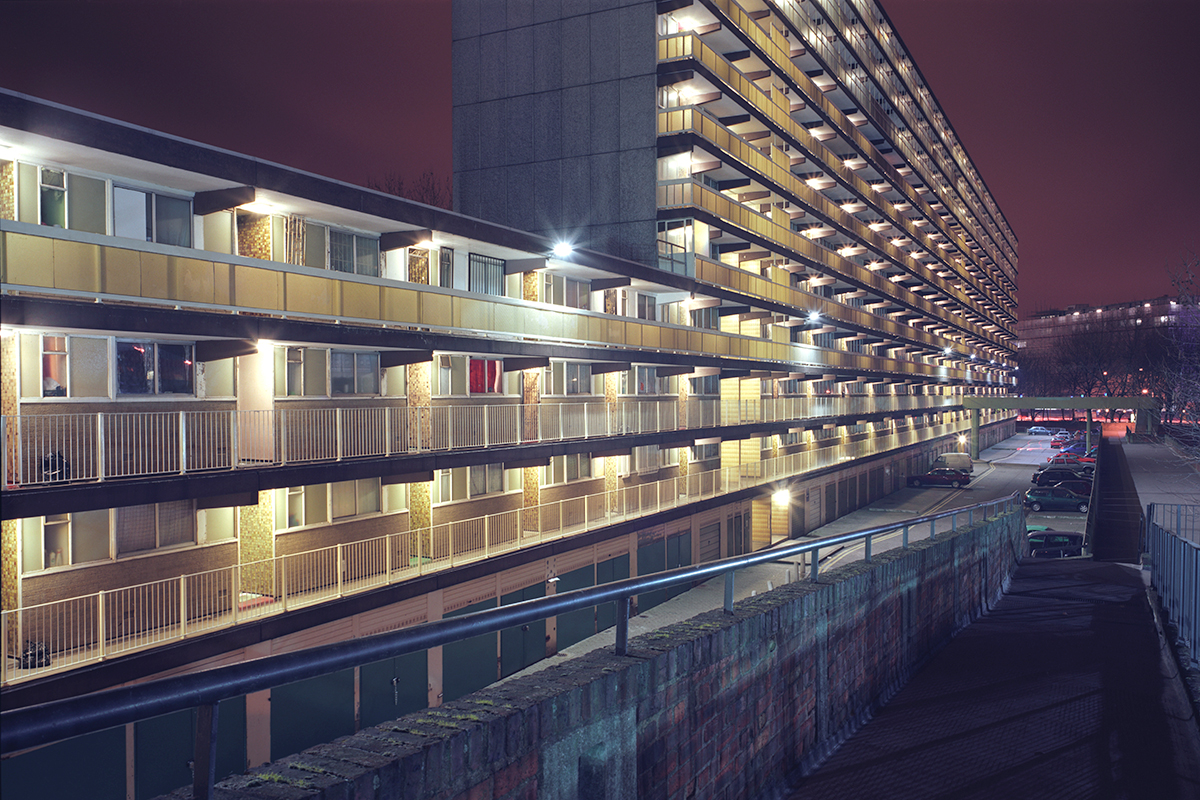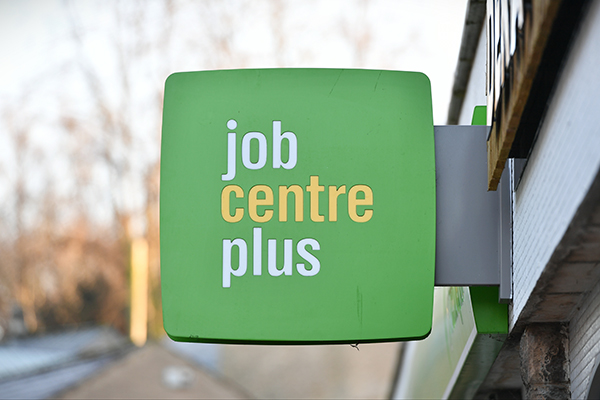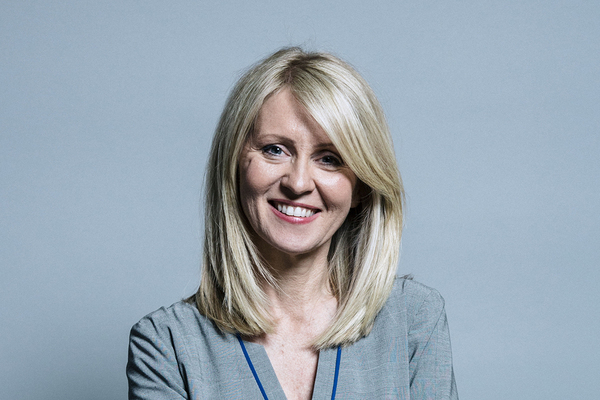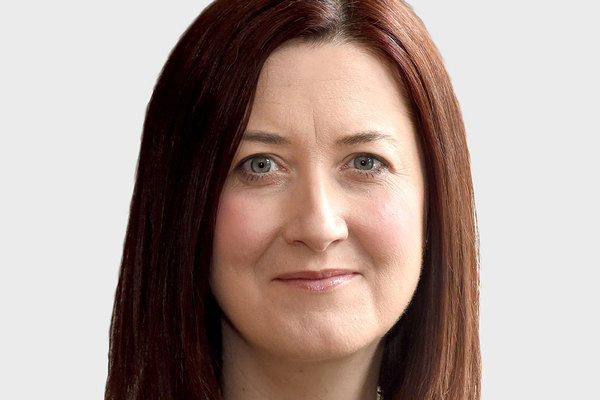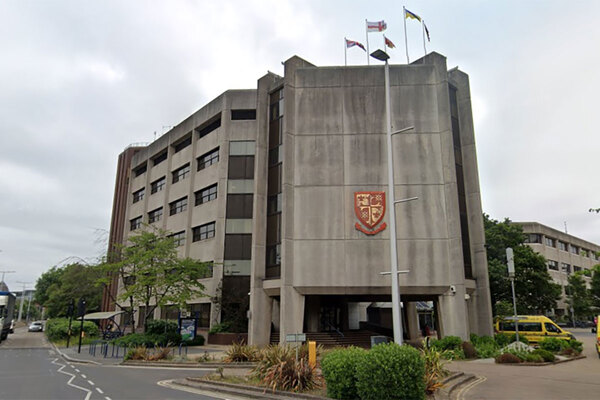Universal Credit tenants slip back into rent arrears after long period, research shows
Tenants claiming Universal Credit for long periods persistently struggle to pay their rent and even build up more arrears despite government attempts to improve the situation, a report has warned.
Researchers analysing tenants of Southwark Council who rely on the new welfare system pointed to a “worrying” trend of rent being consistently underpaid by an average of 7%, even 15 months after the first claim.
They said arrears associated with Universal Credit could eventually cost the London borough, which owns nearly 37,000 homes, £6m a year.
Thinktank The Smith Institute today published its Safe as Houses 2 report (see below) on behalf of Southwark Council – which was one of the first local authorities where Universal Credit was fully rolled out.
A similar previous study considering Universal Credit’s immediate impact on the council’s tenants suggested the system may have a short-term or one-off impact on landlords’ finances after people first transition from housing benefit, as arrears plateau and start to be paid back.
However, the new report found that after tenants have been claiming Universal Credit for 40 weeks, they again start to build up rent arrears.
A Landlord Portal introduced by the Department for Work and Pensions (DWP) and adopted by Southwark in spring 2017 “does not seem to have an overall impact on levels of arrears”, the report added.
Victoria Mills, cabinet member for finance, performance and Brexit at Southwark Council, said: “A year on from our first research, the issues have simply got worse.
“We have to act on this evidence now and look at how we can support our residents and the pressure on our services. This situation is echoed across the country.
“The government needs to take rapid steps to fix Universal Credit or urgently acknowledge that they have created a system that is unworkable and broken.”
For the group of tenants tracked since 2016, average rent arrears were £586, with levels of arrears more than three times higher for Universal Credit claimants than those on housing benefit analysed in the initial study.
Related Files
The report also found that tenants who have multiple Universal Credit claims or move on and off the system as their circumstances change are most likely to have trouble paying their rent.
Southwark Council has pledged not to evict any tenants whose rent arrears can be directly attributed to Universal Credit.
The authority’s welfare fund, Southwark Emergency Support Scheme, is expected to hand out more than 700 food parcels in 2018 – a figure which has more than doubled since Universal Credit came to the borough.
The DWP has been approached for comment.
